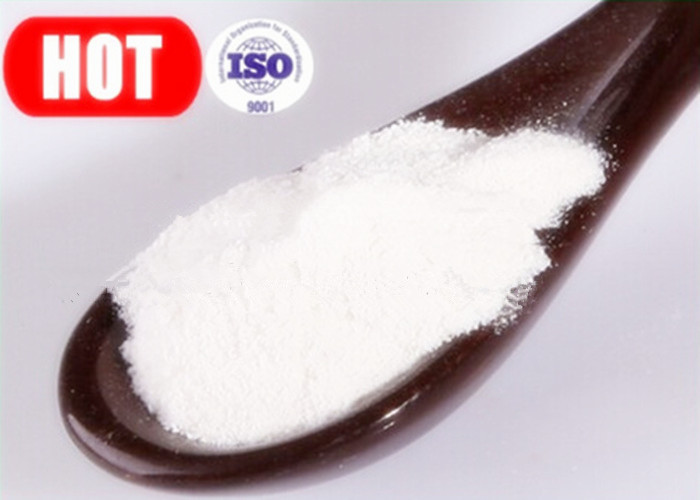86-027-88215853
L-Tyrosine , Reference Substance , CAS 60-18-4 , reference standard preparation 98% HPLC / Whatsapp:+8615308670259
Basic Info
CAS NO. 60-18-4
Classification: Food Additives
Appearance: Powder
Description: White Crystals or Crystalline Power
Loss on Drying: 0.3%Max
Chloride: 0.04%Max
Iron: 0.003%Max
Assay: 98.5-101.5%
Transport Package: 25kg/Drum
Origin: China
Efficacy: Feed Additives
Type: L-Tyrosine
Color: White
Specific Rotation: -9.8°~-11.2°
Residue on Ignition: 0.4%Max
Sulfate: 0.04%Max
Heavy Metals: 0.0015%Max
Trademark: Pharmlab
Specification: 98.5-101.5%
HS Code: 2922509090
Mf:C9h11no3
MW:181.19
Uses:Pharmaceutical Intermediate
Shipping Method:EMS, DHL, TNT, FedEx, UPS, Hongkong EMS
Trademark:Pharmlab
Indication
Tyrosine is claimed to act as an effective antidepressant, however results are mixed. Tyrosine has also been claimed to reduce stress and combat narcolepsy and chronic fatigue, however these claims have been refuted by some studies.
Pharmacodynamics
Tyrosine is a nonessential amino acid synthesized in the body from phenylalanine. Tyrosine is critical for the production of the body's proteins, enzymes and muscle tissue. Tyrosine is a precursor to the neurotransmitters norepinephrine and dopamine. It can act as a mood elevator and an anti-depressant. It may improve memory and increase mental alertness. Tyrosine aids in the production of melanin and plays a critical role in the production of thyroxin (thyroid hormones). Tyrosine deficiencies are manifested by hypothyroidism, low blood pressure and low body temperature. Supplemental tyrosine has been used to reduce stress and combat narcolepsy and chronic fatigue.
Mechanism of action
Tyrosine is produced in cells by hydroxylating the essential amino acid phenylalanine. This relationship is much like that between cysteine and methionine. Half of the phenylalanine required goes into the production of tyrosine; if the diet is rich in tyrosine itself, the requirements for phenylalanine are reduced by about 50%. The mechanism of L-tyrosine's antidepressant activity can be accounted for by the precursor role of L-tyrosine in the synthesis of the neurotransmitters norepinephrine and dopamine. Elevated brain norepinephrine and dopamine levels are thought to be associated with antidepressant effects.
Absorption
L-tyrosine is absorbed from the small intestine by a sodium-dependent active transport process.
Metabolism
In the liver, L-tyrosine is involved in a number of biochemical reactions, including protein synthesis and oxidative catabolic reactions. L-tyrosine that is not metabolized in the liver is distributed via the systemic circulation to the various tissues of the body.
Any needs, please feel free to contact me.
Whatsapp / Skype:+8615308670259
